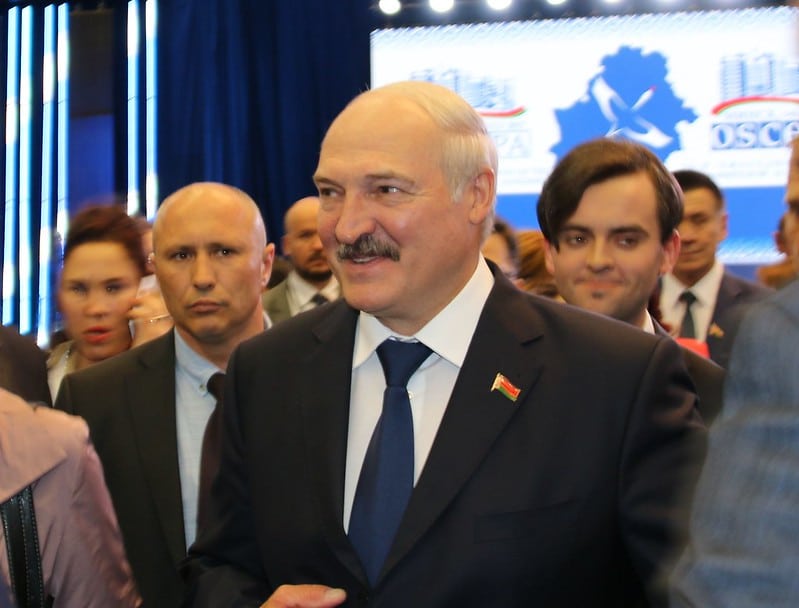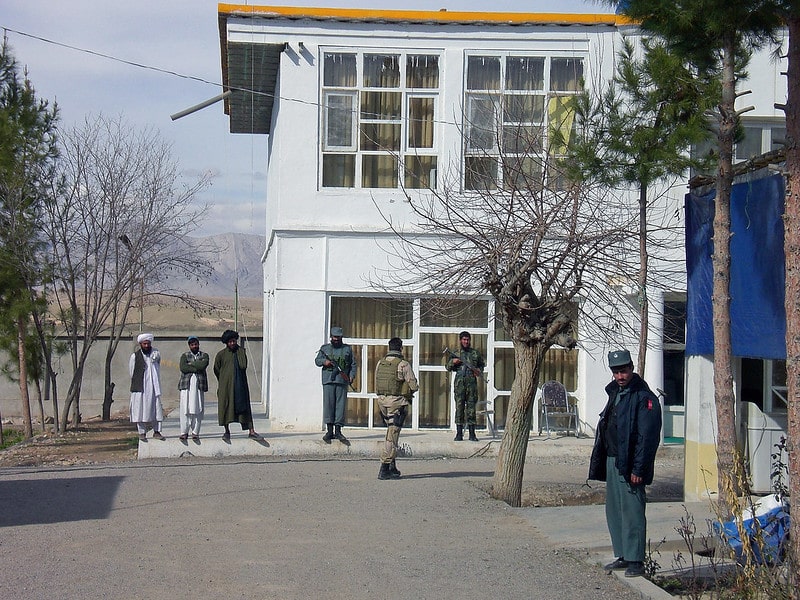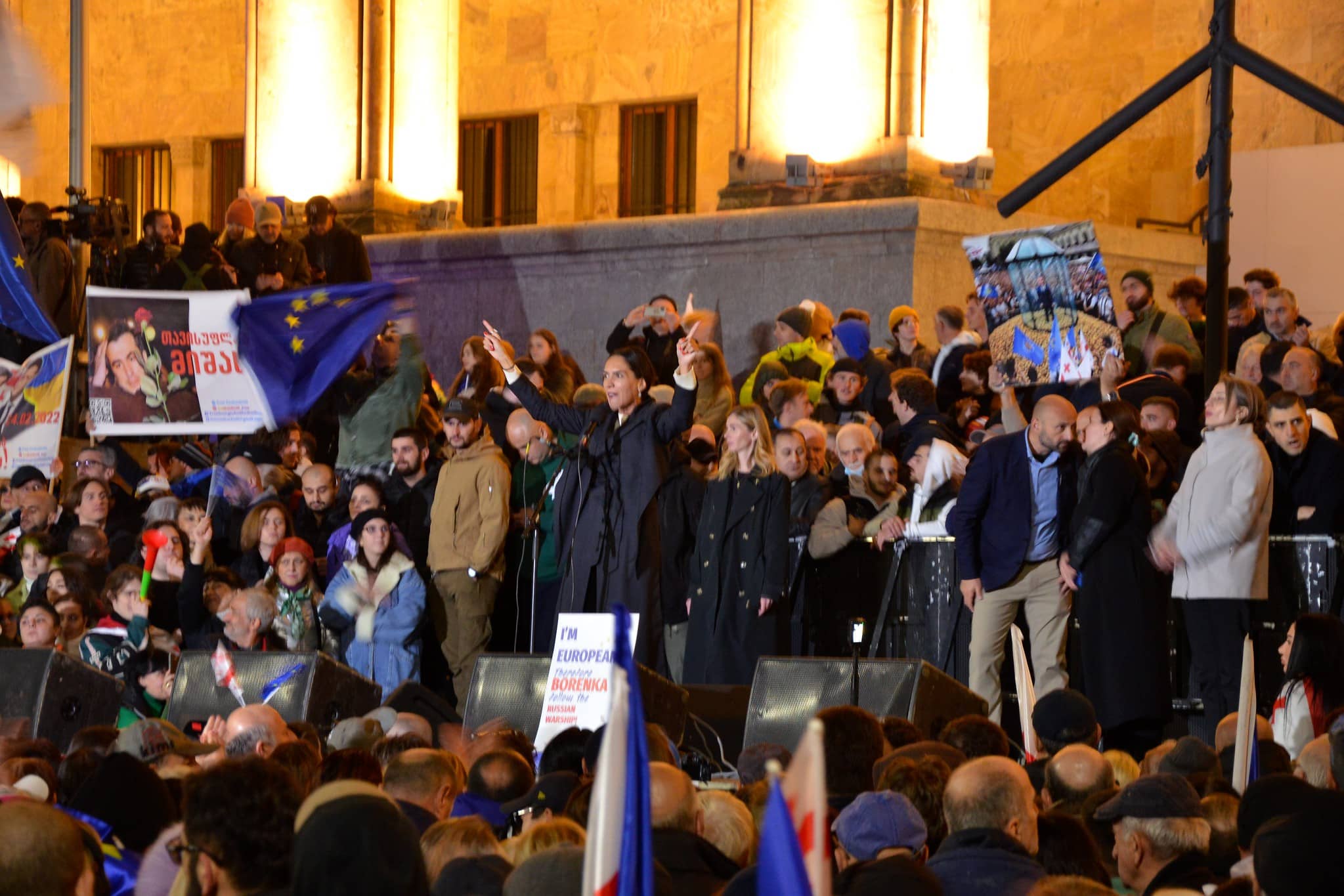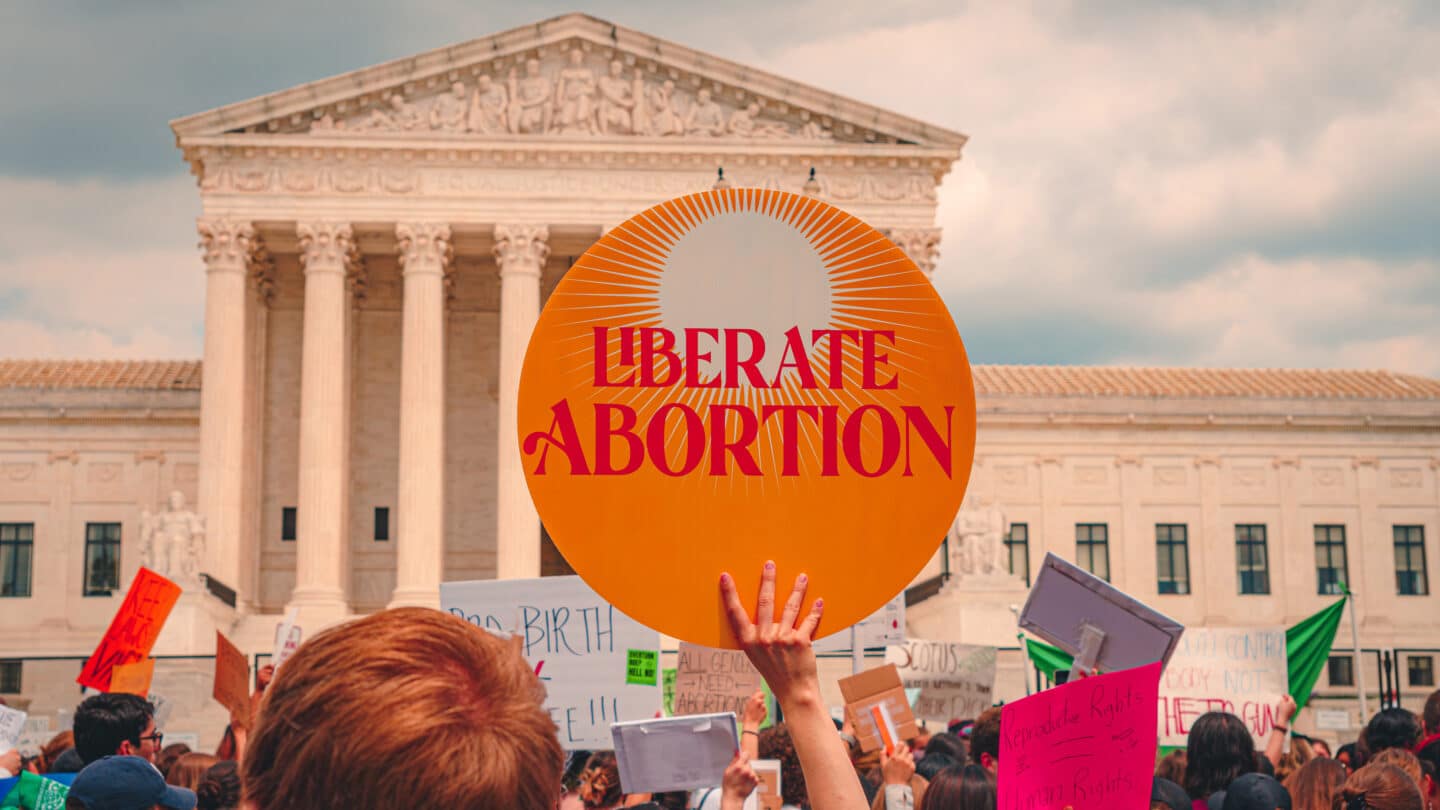In Belarus last Sunday a controversial adjustment of the constitution passed in a referendum. Despite Russia's recent invasion of Ukraine, the referendum went ahead. The amendments give President Lukashenko far-reaching powers to remain in power until 2035. Another clause that deletes Belarus as a neutral, non-nuclear power is also controversial. It heightens fears that Belarus will be further integrated into Russia.
65.2% of voters were in favour, the Belarusian election committee announced. The turnout was 78.6%. The political landscape in Belarus is completely controlled by Lukashenko and his party, and the results are therefore not reliable. For this reason, the EU, US and UK have already indicated not to recognise the results of the referendum.
Various protests
Currently, the Belarusian opposition is largely in exile or imprisoned. The risk of protesting is high, and this is why the opposition called for manipulating the votes by ticking all options on the ticket. However, hundreds of protesters were nevertheless visible at polling stations in Minsk and other cities, scanning "no to war". According to human rights activists, at least 290 people were arrested.
Integration with Russia
The referendum is a new chapter in Belarusian integration with Russia. Since the violent protests in 2020 against Lukashenko, Russia has provided a lot of support to stabilise autocratic power in the neighbouring country. Today, Belarus gives the impression of having become a vassal state of Russia. Tens of thousands of Russian troops are stationed in the south of the country and from here the attack on nearby Kiev is being launched. Lukashenko has even indicated he wants to provide support by deploying his own troops in Ukraine as well. This would be another escalation to Belarus' role in the conflict - and is likely to lead to large-scale sanctions against the country.
For some time, the Kremlin has wanted the Belarusian constitution to be amended. Now that this has happened, nuclear weapons can be stationed in the neighbouring country. Besides, Lukashenko no longer has anything to fear from his parliament, and his power base has been strengthened for years to come. At a polling station said Lukashenko that ''if you (the West) bring nuclear weapons to Poland or Lithuania, to our borders, I will bring back the nuclear weapons I gave away without any conditions.''
Belarus as a new venue for conflict?
There are growing fears from NATO that a far-integrated Belarus in Russia threatens the Baltic states. After Russia's invasion of Ukraine, NATO said it was ''posturing in the east'' adjusted. Military preparedness in the Baltic states has already been increased after NATO deployed Article 4. This article can be used by member states to increase military preparedness in the event of a threat. The fear is that Russia wants to link Kaliningrad with Belarus in the so-called 'Suwalki Gap'. This thin corridor connects Belarus with the isolated Russian territory on the Baltic Sea.
However, it is important not to fall into war rhetoric surrounding a possible Russian invasion of NATO countries. The invasion of Ukraine was unexpected and seen as irrational, but a Russian invasion of the Baltic States is a big step further, and does not seem to be available at the moment.
As always in times of conflict, civilians suffer the most. So too in Belarus, where residents are subjected to a repressive regime, and influenced by Lukashenko's propaganda machine. It is important for the West that the Belarusian opposition remains heard and strengthened - both in Europe and in Belarus itself.
Sources: Foreign Policy Al Jazeera Radio Free Europe Reuters
Photo: Flickr





